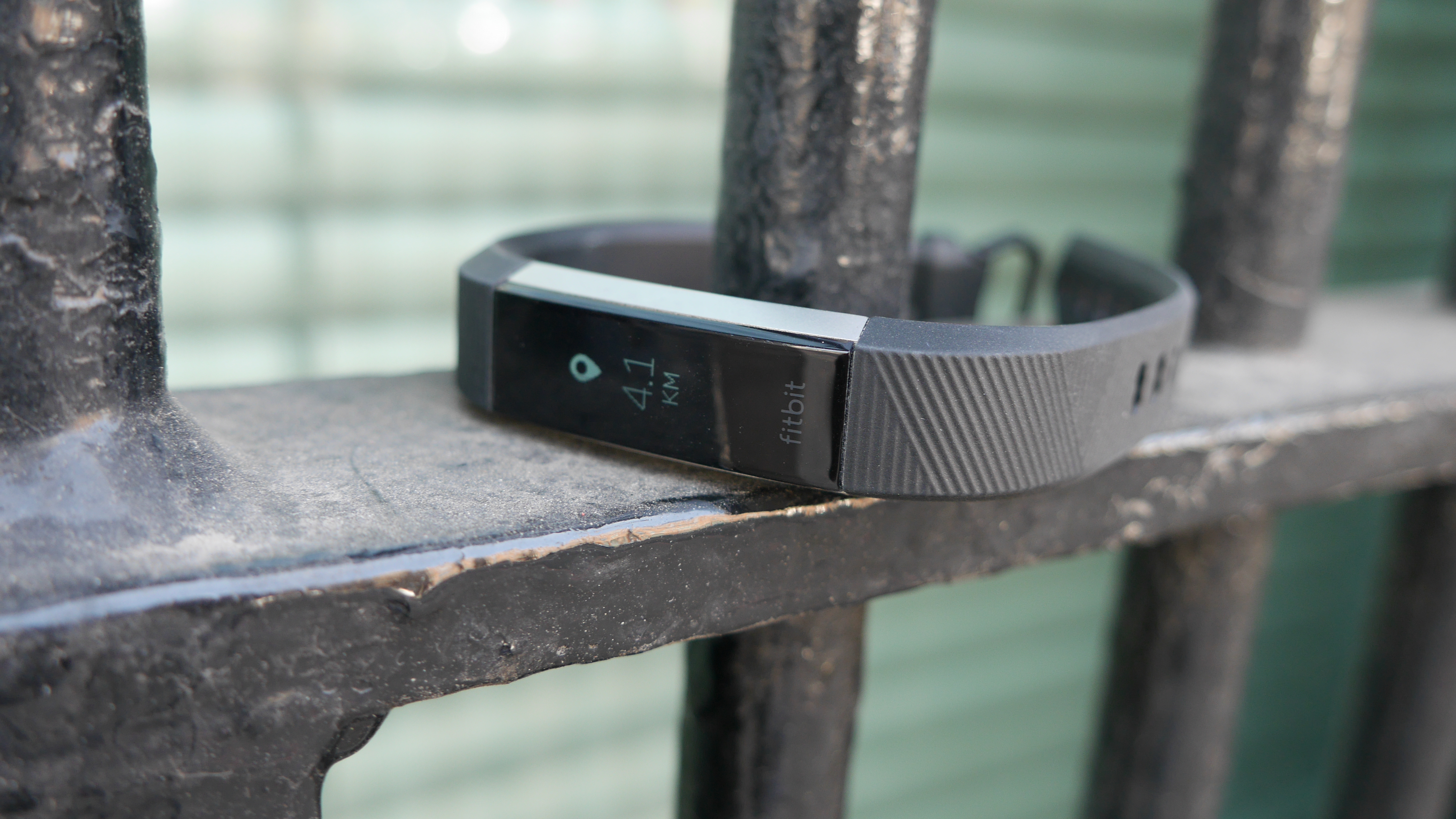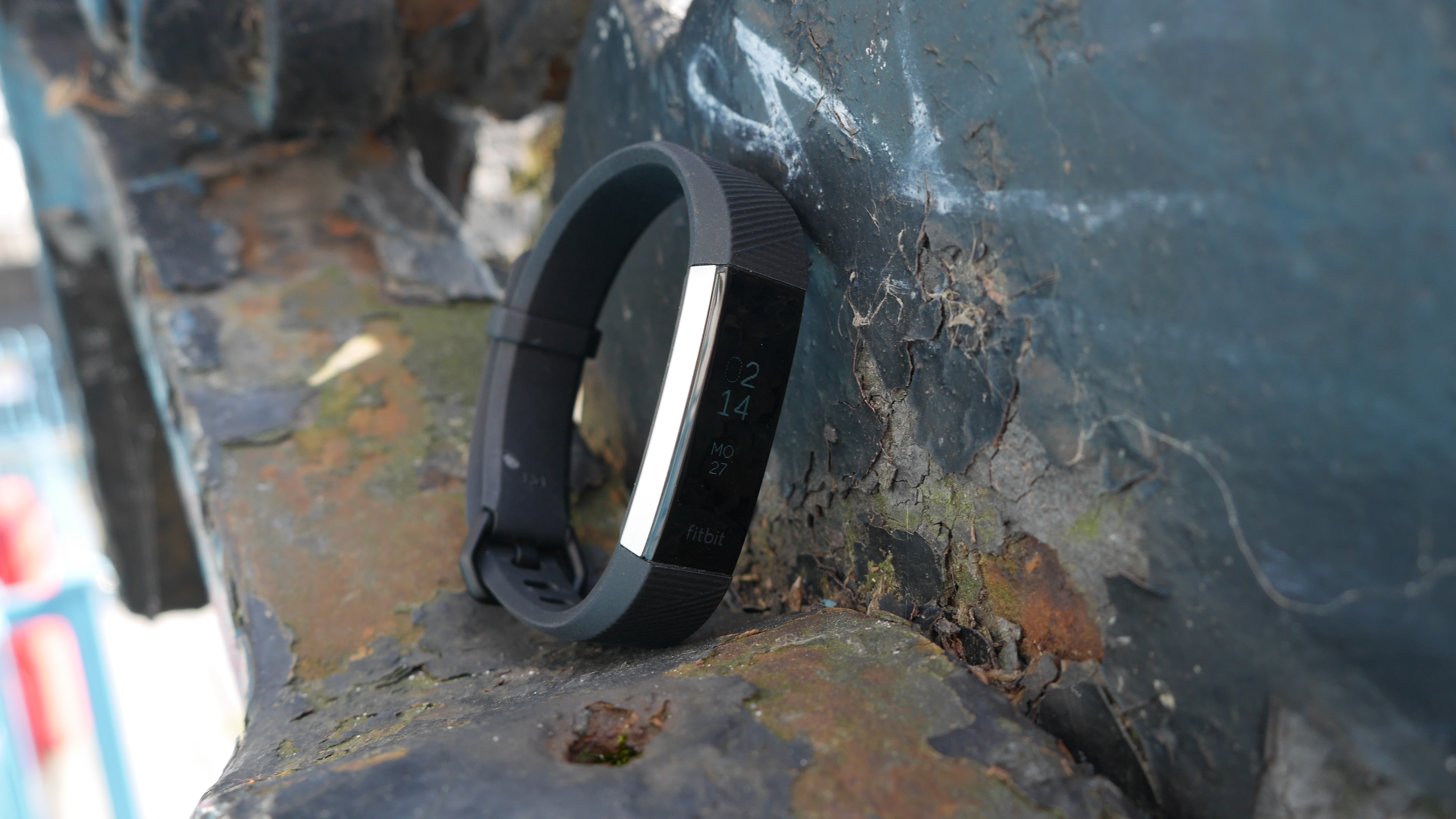Why you can trust TechRadar
Specs, performance and fitness
- On-point step tracking with auto exercise recognition
- Impressive sleep-monitoring abilities
- Wrist-based call and message alerts
Traditional in looks, the Fitbit Alta HR is as you’d expect when it comes to fitness tracking too. The wearable’s inbuilt sensor pack is bang on, accurately recording each and every footfall without getting too confused by wild gesticulation or shuffling along with your hands in your pockets.
Its heart rate sensor is its main draw, however. Fortunately, this is also pleasingly on-point. We found it to be a solid inclusion, accurately relaying our BPM whether lounging on the sofa or putting in a shift on the treadmill.
Having the heart rate monitor is about a lot more than giving you an extra number to look at during your weekend runs though. The Alta’s optical sensor works in the background to keep tabs on your resting and active rates throughout the day, both good metrics for general fitness progress and overall health.
This is then graphed out within the accompanying app, showing how your fitness levels are improving over time.

Although the Alta’s added HR makes it potentially step on the toes of the Fitbit Charge 2, it's still missing many of its big brother’s fitness-friendly features. This list of omissions includes dedicated workout modes, VO2 Max tracking, guided breathing and Connected GPS abilities.
Fitbit has found a workaround for one of these though, the missing dedicated workout modes. With no way of telling the device when you’re going for a run like you would on the Apple Watch Series 3 it’s down to the Alta HR to pick up on things. Fortunately, the device does a great job of this.
Activity is automatically detected and logged accordingly. We found that occasionally our sessions were miscategorized, but, for the most part runs were tracked as runs, a Metafit class as an ‘Aerobic Workout’ session and a game of football as ‘Sports’.
Sign up for breaking news, reviews, opinion, top tech deals, and more.

Sadly, not all of the Fitbit’s features work so seamlessly. The lift-to-wake feature, which should cause the screen to display the time whenever you raise your wrist to your eyeline, is a little temperamental. You’ll regularly find yourself repeatedly flicking your wrist up, trying to get the right level of pop to bring it to life.
Things aren't much better when you get hands-on either. Although lacking a touch sensitive panel, the Fitbit Alta HR lets you use your finger to move through the multiple menus. Instead of swiping, you’ve got to tap it, with the short, sharp movement transformed by the inbuilt sensors into a control mechanism.
You’ll need to give it a couple of taps to bring it to life, with each additional nudge cycling you through one of the device’s menu options. Or at least that’s the theory. The trouble is, this isn't as responsive as it should be.
You’ve regularly got to give the wearable multiple nudges to get it to respond and move to the right display option - the customary steps count is joined by total distance covered, real-time heart rate, calorie burn and time active.
The screen’s good for more than relaying your live step count though. While this is a device that’s definitely more fitness tracker than smartwatch, it’s not completely devoid of smart skills. Synced with your phone - it plays nice with iOS, Android and Windows Phone - you can get call alerts, message notifications and calendar reminders pinged directly to your wrist.

Messages aren’t the easiest to read, scrolling along vertically, but it’s a welcome addition and one that, combined with the device’s vibration alerts, comes in handy.
As well as keeping tabs on all your movements, the Fitbit Alta HR also does a great job of monitoring you when you stop. As well as mapping out your resting heart rate throughout the day, its sleep tracking skills are pleasingly on point too.
There are no misreads and mess ups, no adding a 30-minute sleep session whenever you take the device off to jump in the shower. Instead you get accurate and detailed tracking that shows your night’s journey through periods of restless and deep sleep.
All this data is now being more accurately tracked too, with Fitbit’s Sleep Stages feature combining accelerometer with heart rate data to more accurately monitor your sleep quality.
Current page: Specs, performance and fitness
Prev Page Introduction, price and design Next Page Compatibility, app and battery life